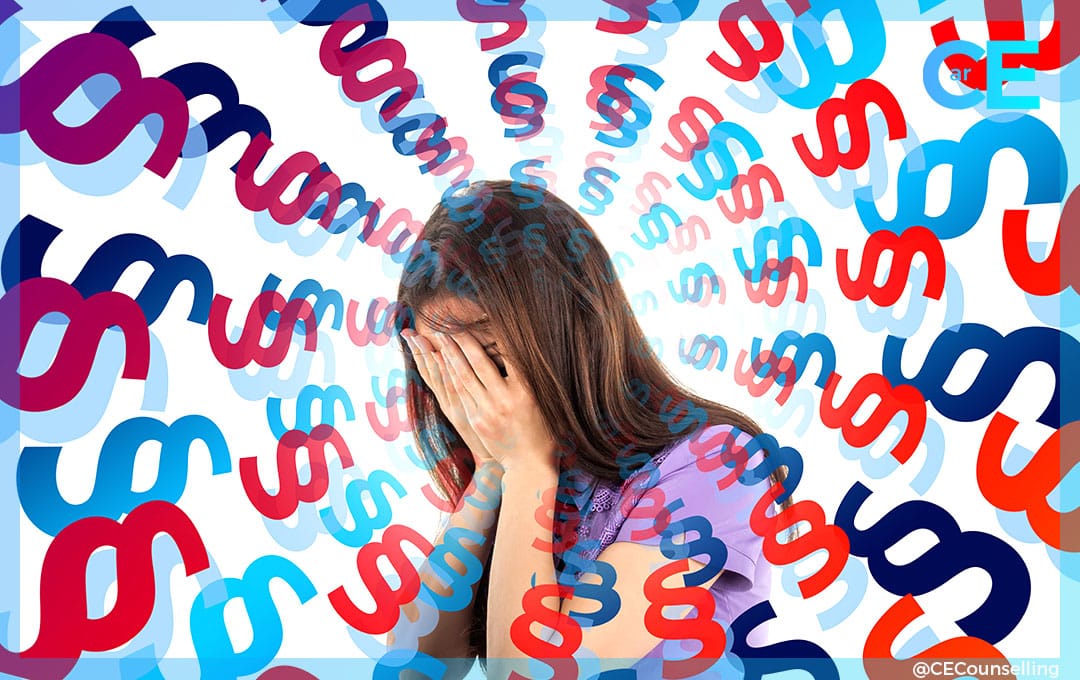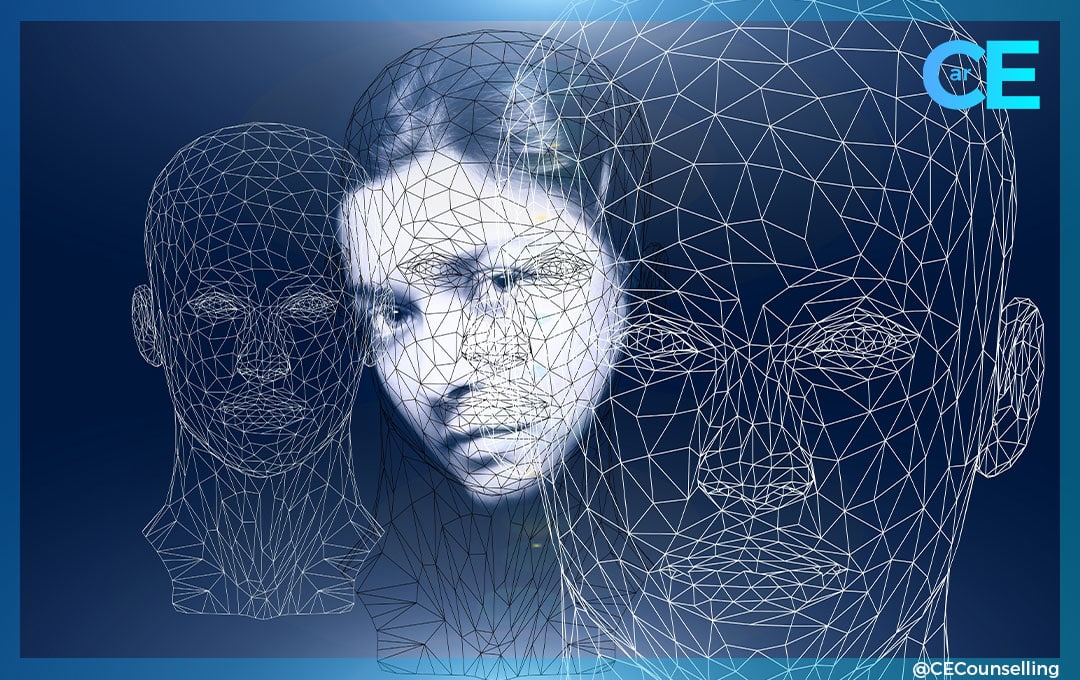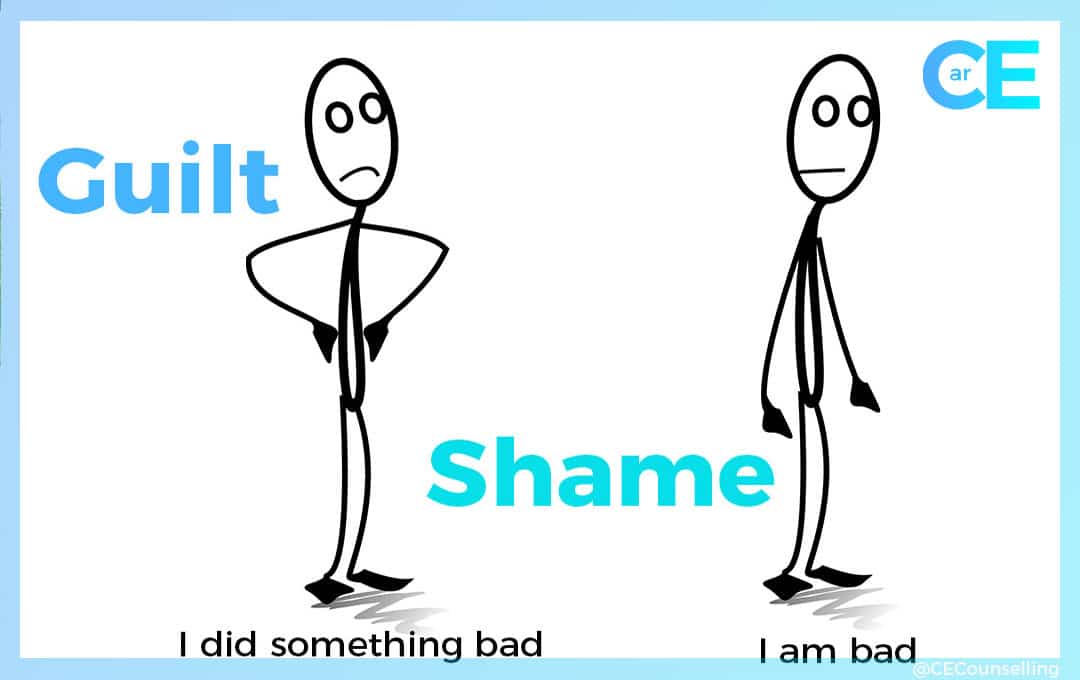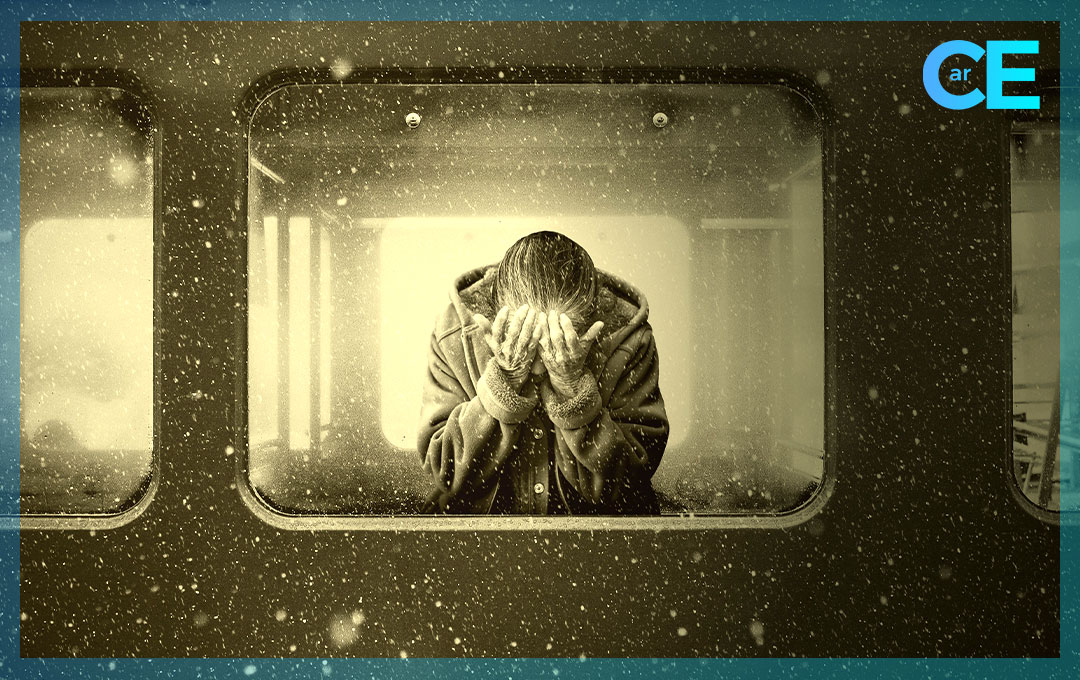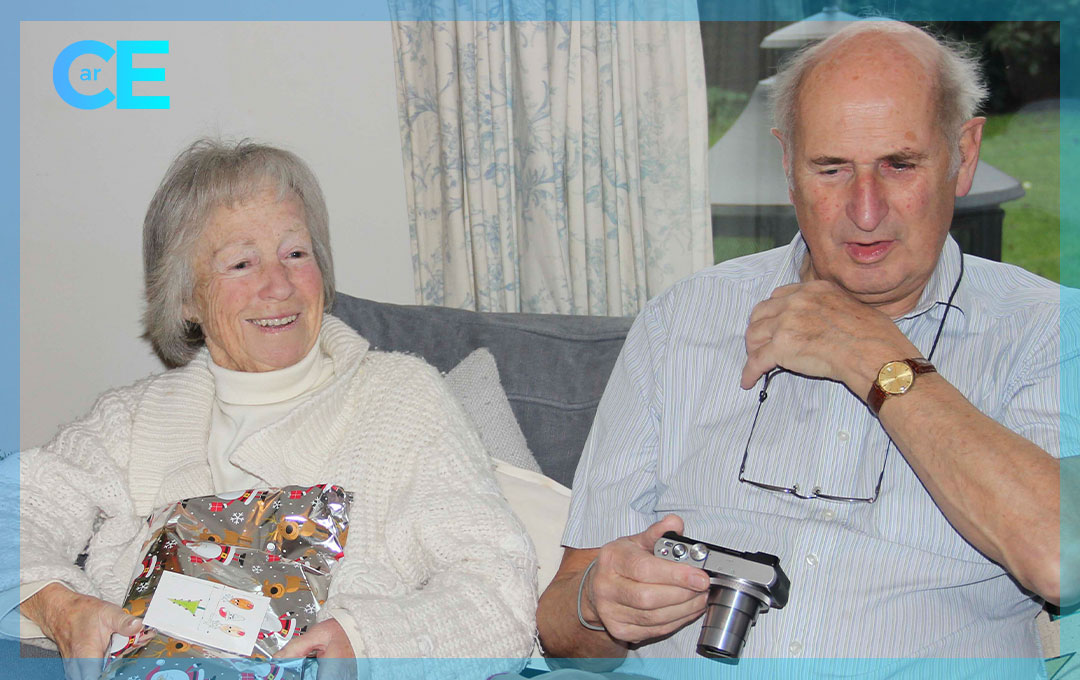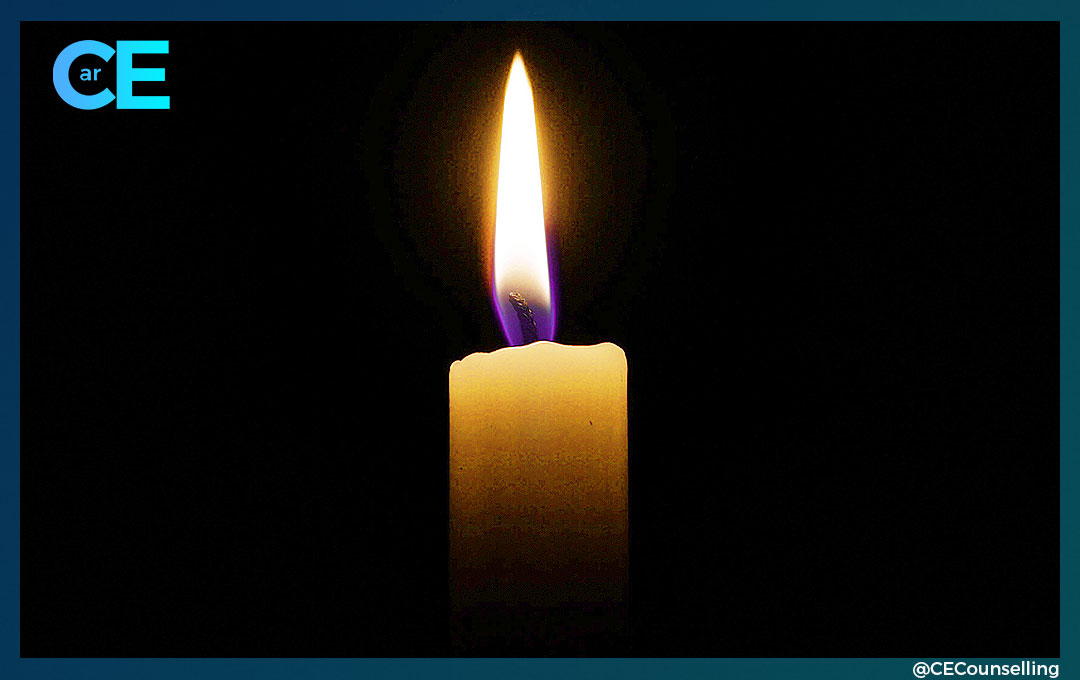Panic Attacks and what happens to our Brain
What is Panic?
Panic is a form of extreme anxiety and is characterised by intense and sudden feelings of fear and distress. When we experience panic, our brain undergoes several complex physiological and psychological changes in response to a perceived threat or danger.
What happens to our brain when we panic ?
- Amygdala Activation: The amygdala is a small, almond-shaped cluster of nuclei in the brain responsible for processing emotions, especially fear and threat detection. When we perceive a potential threat or danger, the amygdala becomes highly activated. This triggers a rapid emotional response, including the release of stress hormones like adrenaline.
- Hypothalamus Activation: The hypothalamus, another brain structure, is responsible for regulating the body’s stress response. When the amygdala signals danger, it communicates with the hypothalamus, which in turn stimulates the release of stress hormones, including cortisol and adrenaline. These hormones prepare the body for a “fight or flight” response.
- Increased Heart Rate: As adrenaline is released into the bloodstream, it causes the heart rate to increase. This helps pump more oxygenated blood to the muscles and vital organs, preparing the body for quick action.
- Rapid Breathing: Panic often leads to shallow and rapid breathing, a response designed to increase oxygen intake for the body’s heightened state of alertness and physical readiness.
- Muscle Tension: Muscles may become tense and primed for action during a panic episode, which can lead to physical symptoms such as trembling or jitteriness.
- Tunnel Vision and Heightened Focus: During panic, people often experience a narrowing of their focus, known as tunnel vision. This hyperfocus is meant to concentrate attention on the perceived threat but can lead to difficulty processing peripheral information.
- Impaired Rational Thinking: Panic can impair cognitive functioning, making it difficult to think clearly or logically. This can result in irrational thoughts and actions.
- Decreased Activity in the Pre-Frontal Cortex: The prefrontal cortex, responsible for decision-making and rational thought, may become less active during panic. This can lead to impulsive behaviour and poor decision-making.
- Activation of the Autonomic Nervous System: The autonomic nervous system controls involuntary bodily functions. Panic triggers the sympathetic branch of this system, responsible for the “fight or flight” response, leading to the release of stress hormones and physiological changes mentioned above.
- Heightened Emotional State: Panic often leads to intense feelings of fear, dread, and a sense of impending doom. These emotions can be overwhelming and difficult to control.
How to support Panic
It is important to acknowledge that it can be disruptive and distressing having a panic attack or chronic panic disorder. If you experience recurrent panic attacks you are likely to benefit from professional help, such as counselling or medication. Understanding the physiological and psychological processes involved in panic can be a first step in learning how to cope with and manage your panic.Understanding your triggers and working through them may be supportive in reducing the frequency of your panic attacks and this can be done in Counselling.
For individual counselling I am here for you. Contact me to book an initial session and I will support you.
If you are in crisis and want immediate support please call the Samaritans who offer a free 24 hour helpline – Phone: 116 123 – Website: www.samaritans.org
Written by your local counsellor in Fleet, Caroline at Caroline Ellison Counselling – this is my experience and these are my opinions. Carpe Diem.

